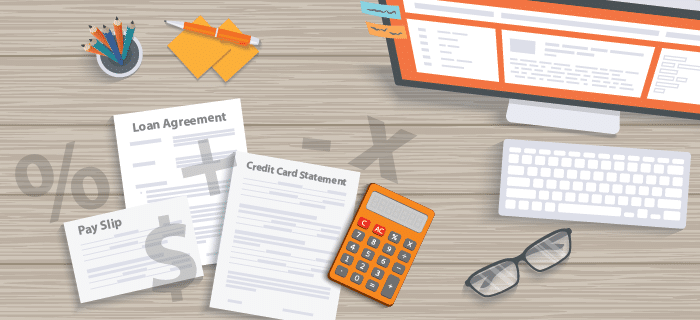It has been widely published and therefore no secret that the Government of Trinidad and Tobago is beginning the collection of Property Tax this year, 2024. Through the Finance Act 2023 the ways to collect and use this tax will be implemented and it will be payable to Municipal Corporations.
What we also know is that every property in Trinidad and Tobago, whether residential, commercial or industrial, has an assigned rental value. This ‘rental value’ is a calculation of the rent the property will get on the open market if it was put up for rent. For those of us who have a residential property or a home, the property tax you will be required to pay on your home is calculated at a rate of 3% of the property’s Annual Rental Value (ARV).
But let us break that down…so we can understand clearly how your home’s Property Tax is calculated.
Calculating Your Property Tax is Simple
Calculating your property tax in Trinidad and Tobago involves a straightforward process.
1. Determine Your Property’s Annual Rental Value (ARV):
- The Annual Rental Value, or the estimated annual rent your property would fetch on the open market if it were rented out, is assigned by the government based on factors such as location, size and condition of the property.
- You can find your property’s Annual Rental Value on your Property Tax Assessment Notice or by contacting the Valuation Division of the Ministry of Finance. (N.B. The Board of Inland Revenue will determine the annual taxable value and issue to you a Notice of Assessment, which will tell you the amount of property tax to be paid.)
2. Calculate the Property Tax:
- For residential properties, the property tax rate is 3% of the Annual Rental Value.
- Multiply your property’s Annual Rental Value by 0.03 to find the annual property tax amount.
3. Example Calculation:
- Let’s say your property’s Annual Rental Value is $48, 000.
- Find your Annual Taxable Value by deducting 10% from this = $43, 200
- 3% will be calculated of your taxable value and this will represent your Property Tax = 3% of $43, 200 = $1, 296.00 per year or $108 per month.

The figures used above are an example and can be used as a guide. To work out how much Taxes you might have to pay, simply replace the Annual Rental Value in the example with the (estimated) projected rental value of your property.
You must pay attention to the following:
- The amount of tax payable will be contained on a notice called a Notice of Assessment of Tax Liability. This is expected to be issued and received by residential owners by the end of March, 2024.
- The Property Tax stated on the Notice of Assessment of Tax Liability will be due and payable on the 30thSeptember 2024.
- An owner who is dissatisfied with either the valuation on the Notice of Valuation or the amount of Property Tax on the Notice of Assessment of Tax Liability, can follow the following legal avenues:
Disputing a Notice of Valuation:
If an owner disagrees with the valuation contained in the Notice of Valuation, he/she may object to the valuation within thirty (30) days after service or receipt of a notice of valuation, and to provide the grounds upon which the objection is being made. If an owner is dissatisfied with the Commissioners decision, he/she can appeal to a newly constituted body called the Valuation Tribunal.
Disputing a Notice of Assessment of Tax Liability:
If an owner disagrees with the amount of Property Tax to be paid (i.e., the amount that is contained on the Notice of Assessment of Tax Liability), he/she can object to the assessment by notifying the Board of Inland Revenue, in writing, of the objection, within twenty-one (21) days that the Property Tax will become due and payable. The owner may appeal the decision, to the Tax Appeal Board, in writing.







